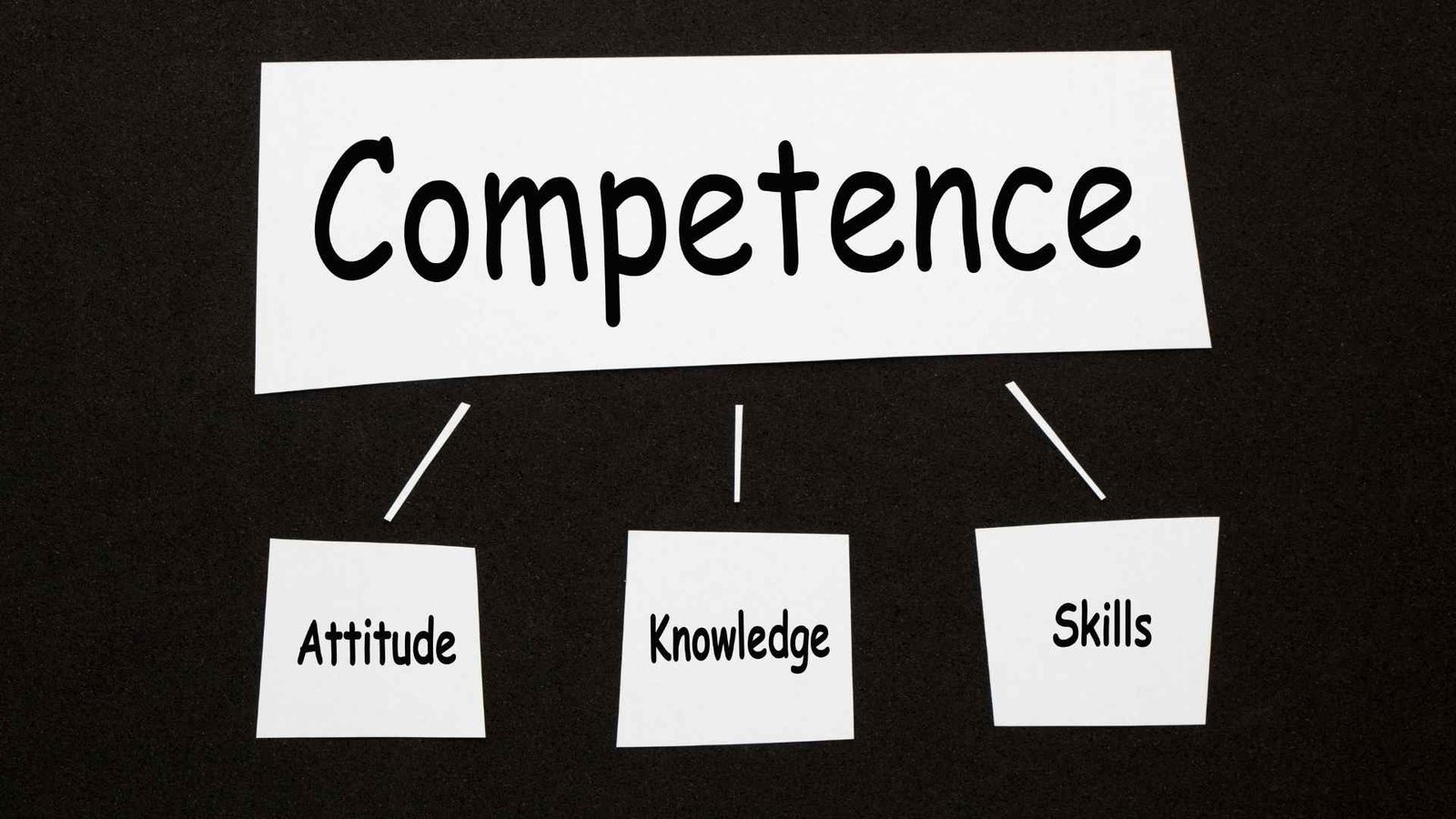In the vibrant and diverse Gulf region, cultural competence isn’t just a nice-to-have; it’s a must-have. Gulf business leaders are navigating a melting pot of cultures, traditions, and practices. With the right mix of cultural savvy and leadership skills, they can foster inclusive workplaces, build stronger relationships, and drive their businesses to new heights. Let’s dive into the importance of cultural competence in Gulf leadership and explore some practical strategies with a bit of humor and professionalism. Understanding Cultural Competence Cultural competence is the ability to interact effectively with people from different cultures. It involves understanding, appreciating, and respecting cultural differences. For Gulf leaders, cultural competence means recognizing the diverse backgrounds of their employees, clients, and stakeholders, and using this knowledge to create harmonious and productive environments. Think of it as having a universal translator that helps you connect with everyone around you. The Melting Pot of the Gulf The Gulf region is a cultural mosaic. With expatriates making up a significant portion of the population, Gulf businesses are bustling with diversity. From locals to expats from all corners of the globe, the workplace is a blend of languages, traditions, and customs. This diversity is a
Topics
- Artificial Intelligence
- companies
- Construct 360
- E-Commerce industry
- Economy News
- Economy News
- Editor Choice
- Edtech industry
- energy industry
- Entertainment & Leisure
- Entrepreneurs
- Featured
- Fintech
- Funding News
- General News
- Government Policies
- Growth & Strategy
- Health & Wellness
- Healthtech
- industry
- Information & Communication Technology
- Lifestyle
- Management
- Management and Leadership
- Marketing & Branding
- Merger and Acquisition
- Money & Personal Finance
- News
- Oil and Gas
- Real Estate
- Sports and Productivity
- Start-up
- Technology
- Top 10 Listing Article
- Travel
- Women
More
Popular Categories




